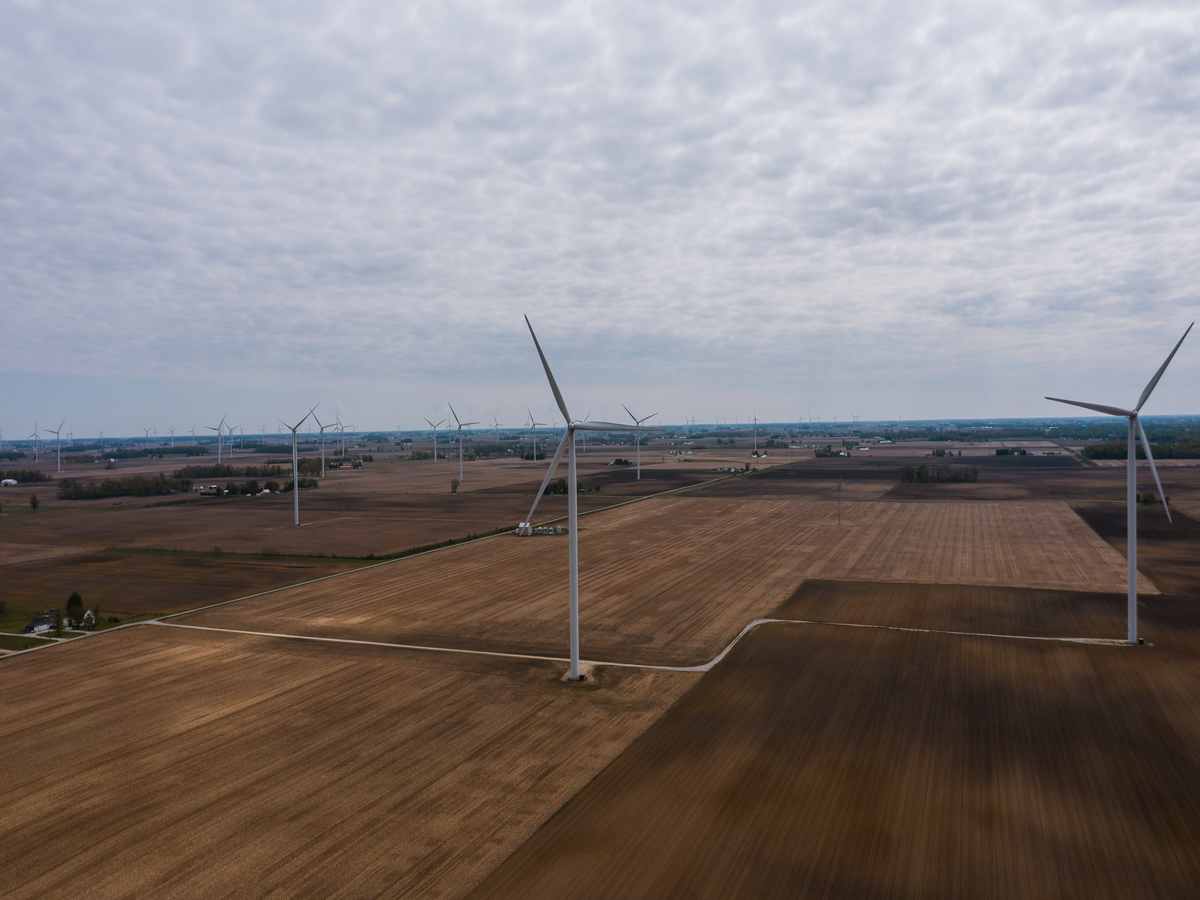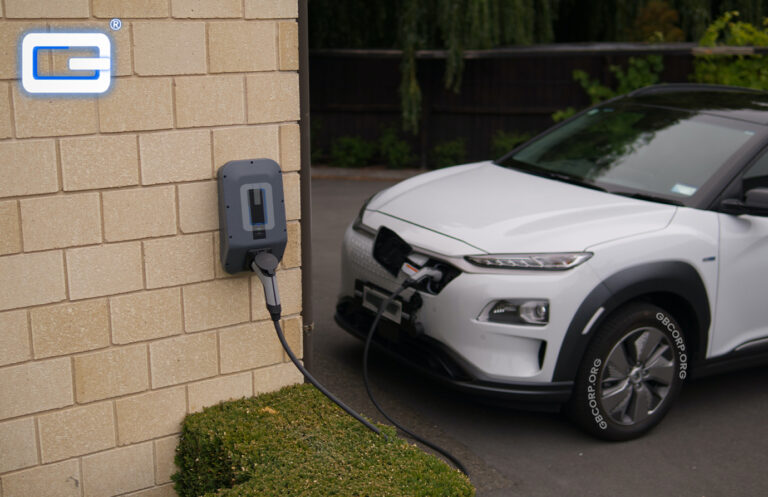Renewable Energy refers to the energy obtained from renewable sources such as wind, sun, plants, earth, and flowing water. The chief benefit of renewable energy is that it doesn’t get depleted upon extraction, but instead, it gets replenished naturally. The advantage of renewable energy is that it releases 50g or less carbon dioxide when compared to other traditional energy sources.
In this article, you can encounter the Major types of renewable energy and their scope for the future.
Types of Renewable Energy
There are five major types of renewable energy, They are
- Solar Energy
- Wind Energy
- Hydroelectric Energy
- Geothermal Energy
- Biomass Energy
1. Solar Energy
Solar energy refers to the energy obtained from the sun, which is later converted into thermal or electrical energy. It is utilized by a wide range of applications such as Light applications, Heating systems, Industrial and commercial appliances.
Advantages of Solar Energy
- It is safe to the Environment
- Reduced Maintenance costs
- Increases your savings by eliminating Electricity bills
- Renewable Energy Resource
Scope of Solar Energy
Solar power capacity had increased from 2.6 GW in March 2014 to 30 GW in July 2019. As it supports a wide range of applications and comes with low maintenance, its scope is high in the upcoming future, especially in tropical countries.
2. Wind Energy
Wind Energy is one of the booming renewable energies. The kinetic energy of the air in motion is transformed into electric power by wind turbines. Wind energy has a wide range of applications other than generating electricity. It is used to advance the sailboats in the river and draw the water from the ground.
Benefits of Wind Energy
- It creates jobs and boosts the economy
- It is safer to the Environment
- It doesn’t require the burning of fossil fuels to generate electricity
- Cost-Effective
Scope of Wind Energy
As wind energy doesn’t emit greenhouse gases and generates high employment opportunities, It has a tremendous scope in the future.
3. Hydroelectric Energy
Hydroelectric Energy generates electricity by utilizing the water in motion.
People have used this type of energy for over millennia. Hydroelectric energy is applied for flood risk management, global electricity production, and facilitating irrigation projects.
Benefits of Hydroelectric Energy
- It is Eco-friendly
- Replenishable source of Energy.
- Energy-Efficient
- Facilitates irrigation
Scope of Hydroelectric energy
At present, there are over 62,500 power plants worldwide. Being the largest renewable source of energy, It has a huge scope in the future
4. Geothermal Energy
Geothermal energy utilizes the heat energy in the earth’s crust to generate electricity. It is used to generate electricity and operate heating and cooling systems. This form of energy is also employed in industrial processes such as drying crops and the pasteurization of milk.
Benefits of Geothermal Energy
- Highly efficient
- Reduced Greenhouse gas emissions
- Environmental-friendly
- Creates employment opportunities and improves the quality of life.
Scope of Geothermal Energy
Because of the simplicity of the technologies and Huge potential, Geothermal energy has enormous scope all around the globe.
5. Biomass Energy
Biomass energy is thermal or electrical energy generated from biomass energy sources such as residues from plants or animals. Biomass energy is used for space heating, Producing hot water, and industries such as lumber mills.
Benefits of Biomass Energy
- Economical when compared to Fossil Fuels
- Sustainable
- Reduces the landfill and benefits the Environment
- This energy is carbon neutral
Scope of Biomass Energy
Because of its benefits to the environment and economy, It is one of the rapidly emerging forms of renewable energy.




